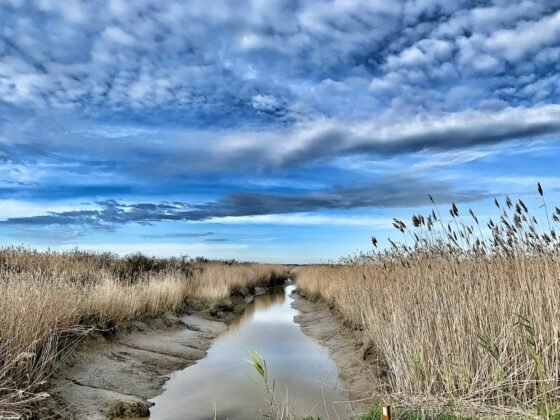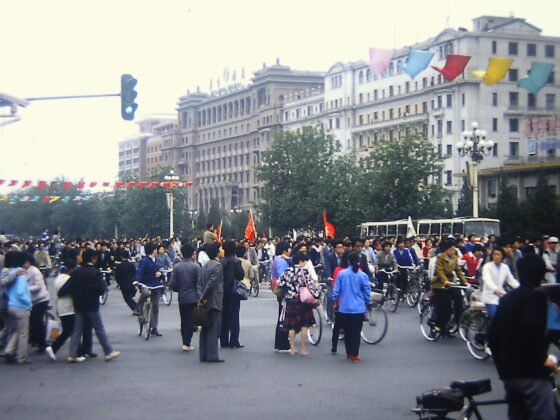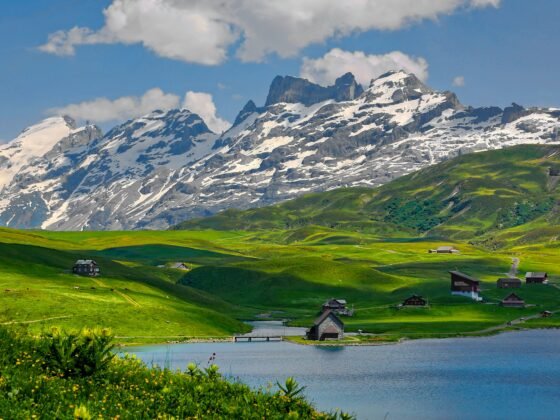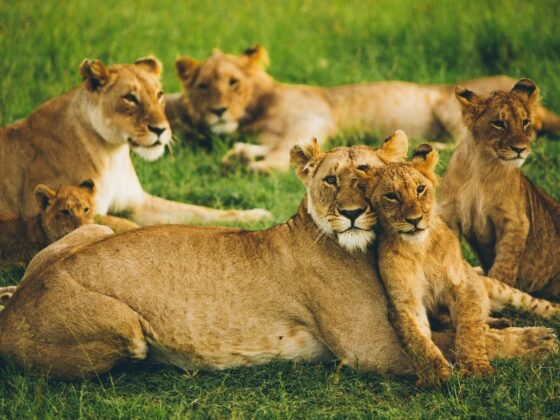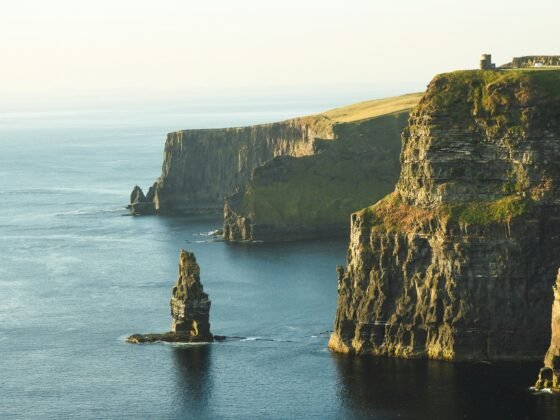We’ve always wanted to go to India.
We’re euphoric! The snowy sinews overlaying the iron-grey Himalayas drift beneath our small plane as we fly from New Delhi to Srinagar, Kashmir. Perplexingly, we’re met at the airport by an Indian official. Turned male backs ensure I miss crucial first-hand information. I’m female - not privy to male conversations.
We’re motioned into the car which will take us to the agreed accommodation – a houseboat on Lake Dal. Turning the corner outside the airport reveals the first sight of dozens of them. Nervous-looking soldiers wearing heavy serge greatcoats and carrying Kalashnikov rifles – and bizarrely, baseball bats - bar our way. As if to reinforce their intent, waist-high coils of spiralling barbed wire snake across the road junction. I sense my first jolt of fear.
‘Where you go? Why? How many in car?’
We remain mute, allowing the official, our driver and our personal guide to bat questions. We’re allowed to proceed. But the streets are unnervingly empty, save for the odd stationary donkey cart or gaggle of men chewing over tobacco and the latest political crisis.
The explanation for this unconventional welcome unravels like the coils of barbed wire. When we took off from New Delhi Airport, Kashmir was ‘in bounds’ for tourists. By the time we landed, it wasn’t. Whilst we were airborne, a Kashmiri dissident, languishing in prison for 11 years, was executed by the Indian Government. Even his family weren’t warned of his imminent demise. Repercussions are expected. Kashmir is under indefinite 24 hour curfew. We’ve unwittingly flown into a potential war zone.
We continue several miles further to our ‘holiday’ accommodation, facing inquisitions and barbed wire reinforcements at each road intersection. Our fate lies entirely in the acceptance of our accompanying personnel’s identity passes.
A contretemps flares within the car. Heads waggle, arms flail and volatile voices argue in Hindi.
‘No go houseboat! Hotel better.’
We’re locked into an unknown hotel. A wave of claustrophobia constricts my breathing. The view behind the drawn grey curtains of our room resembles the dusty, rubble-strewn dereliction I imagine is typical of disaster zones around the globe. As if to accentuate our plight - and that of the Indian people - night-time dogs yowl incessantly until dawn, as though being systematically castrated.
Next morning, we have visitors. There’s a change of heart.
‘Now you go houseboat. Is very nice.’
We’re guided to another protected car. The new driver perpetually grins his one-toothed grin via the car mirror as we try to look inconspicuous on the back seat.
There’s a whimper; it comes from me.
‘My mother, she too very sad today. My wife, she cry. Soldiers outside house.’ The universality of conflict; we’re not the only collateral damage. It’s agreed we will ‘go airport tomorrow,’ though I silently acknowledge the futility of my insistence.
We’re deposited onto the houseboat - a dreamy setting. The next day is spent under curfew again, save for a blissful, atmospheric tour being paddled around glassy Lake Dal on a lazy shikara boat.
True to their word, our chaperones return the following day to negotiate the multiple checkpoints en route back to the airport.
‘No go – not possible that way.’ We later learn three people were shot dead in the town centre during the ensuing riots.
At a tense airport, we’re the only visible Westerners. Our trusted official ensures we jump lengthy queues and are processed first through check-in. My false hips set off a mini security scare.
‘Where your papers for operation?’I have none but staff remain sceptical. I resort to the unequivocal method of convincing them about my artificial joints, as demanded at New Delhi Airport. I drop my jeans to display my ‘knife marks.’
‘Is ok, is ok…’ squawks the hapless security girl, repelling with outstretched hands the sight of Caucasian flesh.
At last we’re incarcerated in the plane. I sit and count my thumping heart-beats. It’s a measure of our precarious and vulnerable position that we regard the notion of obtaining asylum in the frenzy of New Delhi as the panacea for all ills.
I quell ripples of panic for a further hour inside the plane on the concrete. As we take off, the tensions fall away along with the airport buildings. Mysteriously, we soon land in Jammu, a place we‘ve never heard of. But it’s no hardship; relief is palpable. We’re out!
Though perversely, I think the magnetism of the mighty Himalayas may well lure us back one day…
J Simkins


